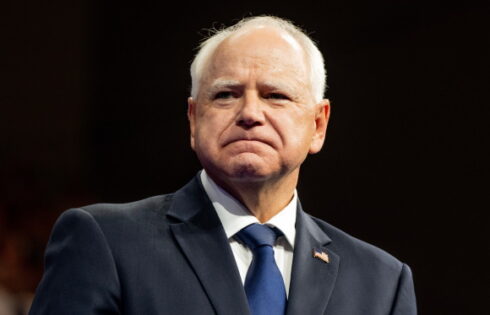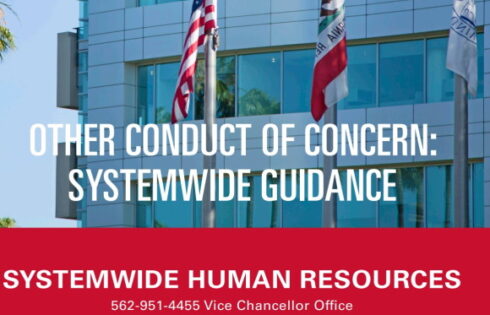President Obama’s latest executive order, the White House Initiative on Educational Excellence for African Americans, did not rouse the same level of controversy his earlier order on immigration did.
But the matter didn’t go off without a hitch, either. For one, the White House’s Facebook post announcing the Initiative originally misspelled “African American,” something pointed out as especially ironic considering the Initiative’s focus on improving education.
But looking beyond the typo, it’s not understood exactly how the Initiative will help African American students improve. One of its more controversial points intends to decrease African American dropout rates “by promoting a positive school climate that does not rely on methods that result in disparate use of disciplinary tools.”
In an article titled ‘Obama backs race-based discipline policies,’ The Daily Caller reported that the Initiative would force school administrators to be more lenient when punishing African American students.
But Briscoe Daren, the Deputy Press Secretary at the Department of Education, argued otherwise.
“No part of the federal government, including the new Initiative, wants a student disciplined based on his or her race,” he specified. “To the contrary, the Obama Administration is dedicated to eliminating race discrimination in the administration of discipline, so that African American children are not disciplined more harshly than other children for the same conduct.”
Yet George Leef, director of research at the John William Pope Center for Higher Education Policy, is skeptical.
“That benign-sounding language means that school officials would have to abide by what are in essence quotas for student discipline,” he stated. “Instead of evaluating each violation on its own, officials would have to be mindful of disciplinary ‘balance’ – that is, not disciplining black males more than other student groups.”
The Initiative’s constitutionality has also been questioned. Leef calls it “unfair and unconstitutional” because the Fourteenth Amendment “prohibits governments from treating some citizens differently — either giving them better or worse treatment – than others.”
But Michael McShane, an education policy specialist at the American Enterprise Institute, was not bothered by government programs that assist certain racial groups.
“Native American students, rural students, students learning the English language, all of these students have programs that target them, so this is just one of many trying to make a more concerted effort to help an under-served population of students,” he said.
Indeed, George W. Bush issued his own executive order designed to help Hispanic American students in 2001.
A final controversial point would be the use of affirmative action. The Initiative states that “increasing college access and success for African American students” is a key goal. But how would this be achieved?
According to Daren, the Initiative is “not about affirmative action, it’s about ensuring students get an excellent education from cradle to career by focusing on improving high school graduation, college completion, and successful career paths for African American students.
Fix Contributor Charles Rollet is a sophomore at Northwestern University.
Click here to Like The College Fix on Facebook.





Please join the conversation about our stories on Facebook, Twitter, Instagram, Reddit, MeWe, Rumble, Gab, Minds and Gettr.